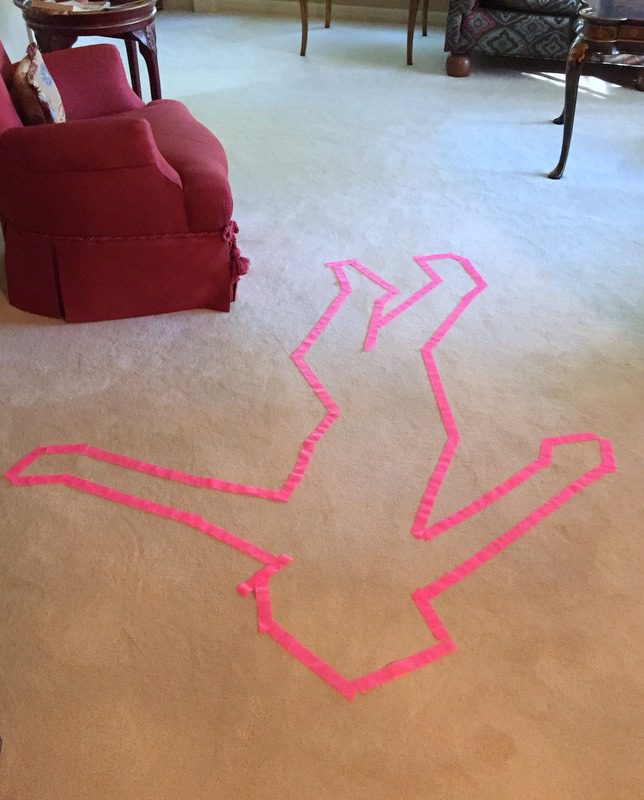
Reader Question: At what point in the process of selling a house does a Realtor or sellers disclose a murder or suicide in the home? Virginia L.
Monty’s Answer: Each state has a law that regulates this question. Most states do not require the disclosure of a death, regardless of the cause.
The background
The concept of disclosure in property sales revolves around the physical condition. Murder or apparitions are difficult in disclosure law because these events do not often cause physical damage.
The second consideration with a death on a property is whether or not the death creates a material adverse effect on the value of the property. Sellers in most, if not all states are required to disclose conditions that create a material adverse effect on the value of the property.
Variables create difficulties
The effect on value of an apparition or death is not easily quantifiable. Some buyers may avoid a home knowing of such an occurrence because of religious or superstitious beliefs. Others would not falter with this knowledge. For example, homes sales of properties believed to be haunted have been purchased with a “subject to verification” clause only to be rescinded when paranormal investigation failed to produce a ghost.
There have been many studies conducted on the effects of crime on property values that have produced conflicting results. People may hold an opinion that a murder or suicide would negatively affect the value of a property, and have examples to substantiate their belief. Others will argue there is no loss of value and have examples to justify their contention. The National Association of Realtors has published a field guide for dealing with stigmatized houses you can view here: http://www.realtor.org/field-guides/field-guide-to-dealing-with-stigmatized-properties.
Uncover a murder
Discovering a murder after moving day may be very disturbing to some people. Demonstrating with any degree of certainty you were damaged is difficult. Court cases around the country over many years have not produced a consensus in getting the sale set aside or a money judgment. Each case is judged on it own merits. Paying experts to render an opinion may be costly. Worse yet, you may get a verdict that does not produce the desired result.
Finding your state’s murder disclosure law
Type, “ Murder disclosure law in home sale <your state>.” into your search bar and choose a link that is a state operated website. This action will reveal the law in your state regarding the disclosure of information on murders, ghosts or a death of any cause. Here are examples:
Arizona Revised Statutes: 32-2156
No criminal, civil or administrative action may be brought against a seller of real property or a licensee for failing to disclose that the property being transferred is the site of a natural death, suicide or homicide or any other crime classified as a felony, and is not grounds for termination or rescission of a transaction
Wisconsin Statutes: 452.23(2)(a)
(2) A broker or salesperson is not required to disclose that the property was the site of a specific act or occurrence, if the act or occurrence had no effect on the physical condition of the property or any structures located on the property.
California Civil Code Section 1710.2:
A home seller or agent must disclose any death occurring on the property (except if the death is AIDS related) only if it occurred during the past three years.
What action can home buyers and sellers undertake?
If; (a) you own a home where a death has occurred. Or (b), you are a potential home buyer and owning a home in which a person died is either unacceptable, or a lower price could sway a buying decision:
- Search for a copy of the law in your state and come to understand its meaning.
- If you are a seller and you are aware of a murder and the buyer asks, either tell the truth or take the position that you are not legally required to answer the question, if that is what the law in your state allows.
- If you are a potential buyer, first ask the seller or the seller’s real estate agent. If they answer that they are not obligated to answer, then ask the neighbors. “ Trust, but verify ” can come in very handy. If there was a murder, a ghost or a meth lab on the property chances are the neighbors will know.


